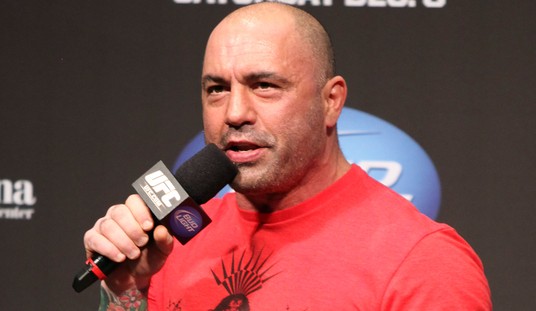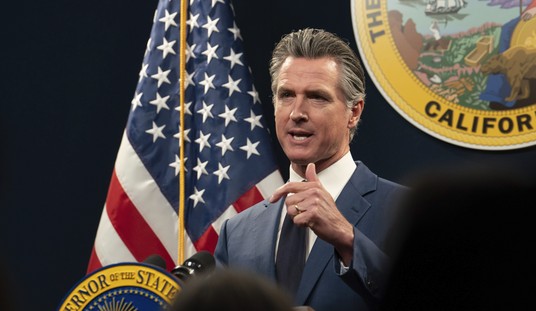On Tuesday, Dr. Miriam Grossman had a message for the United Nations: Shame on you.
Grossman is the author of the acclaimed 2007 book Unprotected: A Campus Psychiatrist Reveals How Political Correctness in Her Profession Endangers Every Student. As I wrote in my very first column for Townhall, when I was a junior at Ohio University: “Grossman says her profession has been ‘hijacked’ by radical politics. Unprotected reveals how campus health professionals often risk students' well-being in order to promote feminism, androgyny, and ‘anything goes’ liberalism.”
Her follow-up book, You’re Teaching my Child What? showed that radical sexual dogma isn’t only a problem on campus—it has infected elementary schools, too. (Full disclosure: I was Dr. Grossman’s researcher for her second book.”
Grossman’s new target is the UN.
“When I graduated from med school, I took an oath,” Grossman said on Tuesday. “I swore to prevent disease whenever I could. At the time, I believed the battles that lay ahead would be against cancer and heart disease. But after three decades, and thousands of hours with young patients in distress, I’ve discovered my most challenging fight is not against dangerous diseases, but against dangerous ideas.”
Grossman encouraged delegates to reject so-called “comprehensive sexuality education” programs developed and funded by the UN and UNESCO, and not only because they don’t fit into the moral fabric of most societies. No, Grossman urged them to reject it because “what it teaches young people is not scientifically accurate. It’s not true!”
Take, for example, the pamphlet “Healthy, Happy, and Hot: A Young Person’s Guide to their Rights, Sexuality, and Living With HIV.” The pamphlet is distributed by the International Planned Parenthood Federation, one of the groups that influences programs developed and funded by UN agencies.
Recommended
You’d never know from reading “Healthy, Happy and Hot” that being HIV-positive is a serious medical condition. And you’d definitely never know that HIV-positive people have not just rights, but obligations, especially to their sexual partners. The pamphlet says that having multiple partners is okay, and you don’t even have to tell them you’re infected. It condones sex while high on drugs or alcohol: “This is your choice.”
How about sex without “protection”?
“You’d expect the line to be drawn here, but it’s not,” Grossman says. Instead, the pamphlet tells young people with HIV that“sometimes people choose not to have safer sex. If this is something you and your partner agree to, then it is your choice.”
Groups IPPF and SIECUS (the Sexuality Information and Education Council of the United States) go through the UN to promote what Grossman calls a “cradle to grave” sexual free-for-all.
“They endorse adolescent sexual activity, multiple partners, and sexual experimentation,” she says, even though “when sexual license is the priority, sexual health suffers.”
That’s evidenced by the fact that 1 in 4 adolescent girls in the US has an STI—including infections that can’t be prevented with latex “protection,” such as herpes. Chlamydia scarring of the fallopian tubes is a leading cause of infertility, even in women who caught and treated their infections early.
Still, groups like IPPF and SIECUS cling to their dogma: that sexuality extends from cradle to grave, that young people have sexual rights (but not so many responsibilities), that adults should just stand to the side and allow them to make their own choices, that morality walls people in, and that taboos must be relaxed.
“These are the roots of today’s sex education, the roots of the programs that some UN agencies hope to bring to your nations,” Dr. Grossman told the delegates. “These beliefs sexualize children, and they lead to disease and heartbreak.”
Of course, Grossman has been working with young people long enough to be a realist.
“Is every young person going to postpone sex? Of course not!” she says.“But we are still obligated to inform them of the risks they face, to teach them biological truths about their physical and emotional vulnerabilities, and to warn them in a no-nonsense manner about avoiding high risk behaviors, and to encourage the highest standards. That is what we do in every other area of healthcare.”
After all, nobody teaches kids to practice “safer smoking,” or that drug use is a “personal choice” to experiment with. We tell them these behaviors are hazardous to their health. So why are groups like IPPF using the UN to tell youth all over the world that it’s okay to have multiple sex partners, or unprotected sex with an HIV-positive person, or sex while drunk or high?
“These groups claim to be advocates for reproductive health,” Grossman says. “But the rights-based advice they give will make people sick.”
No kidding.
For more information, contact Dr. Grossman at drgrossman@miriamgrossmanmd.com.

























Join the conversation as a VIP Member